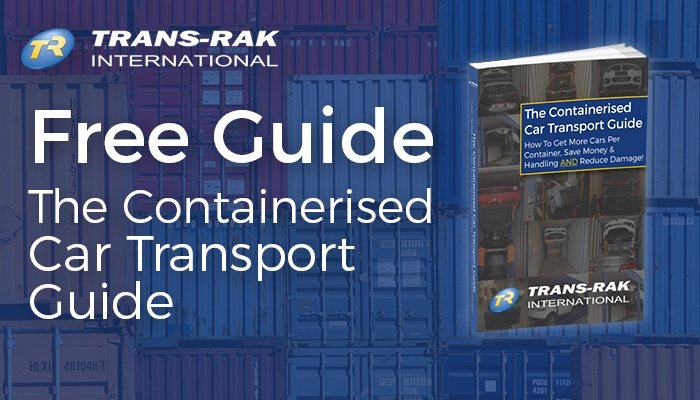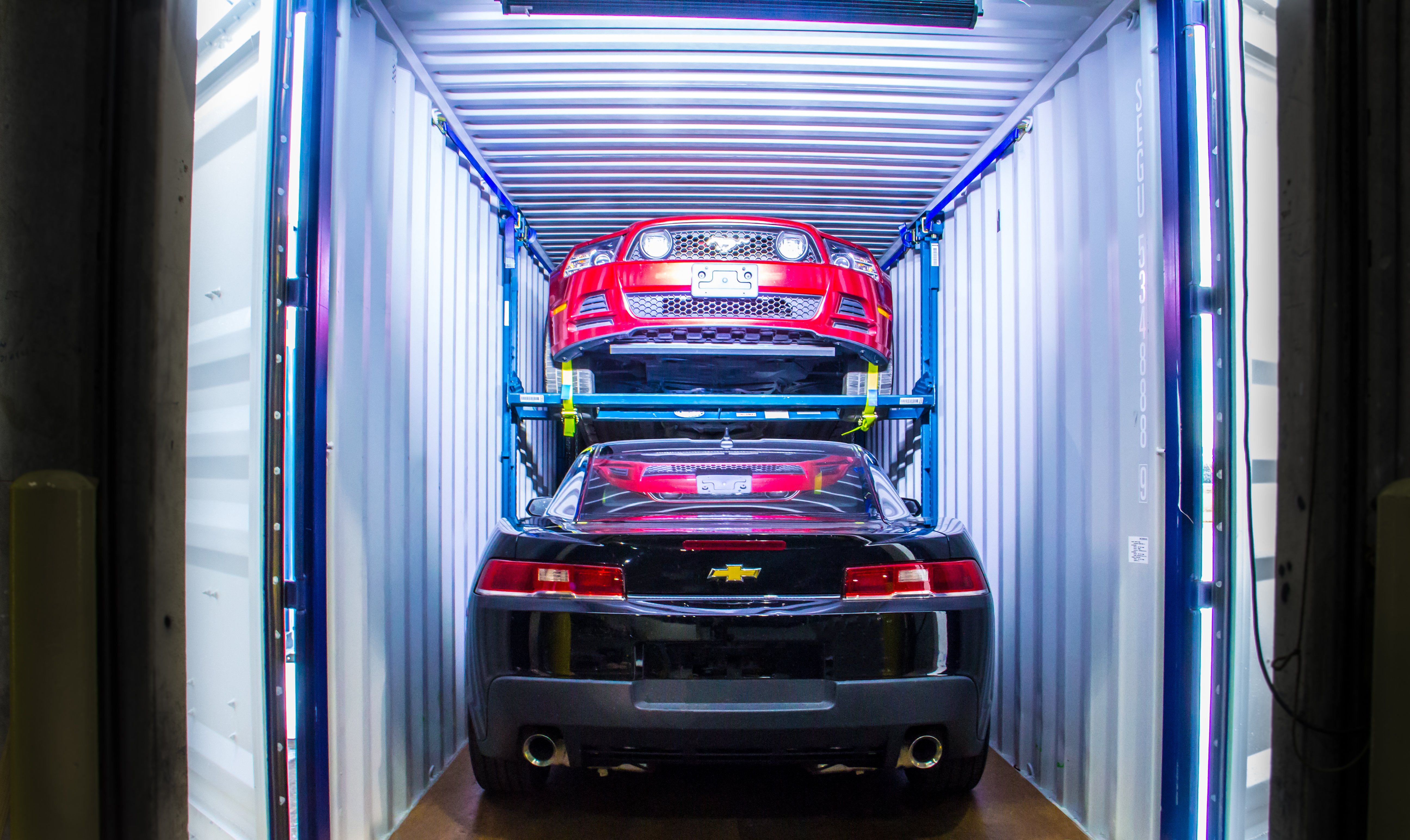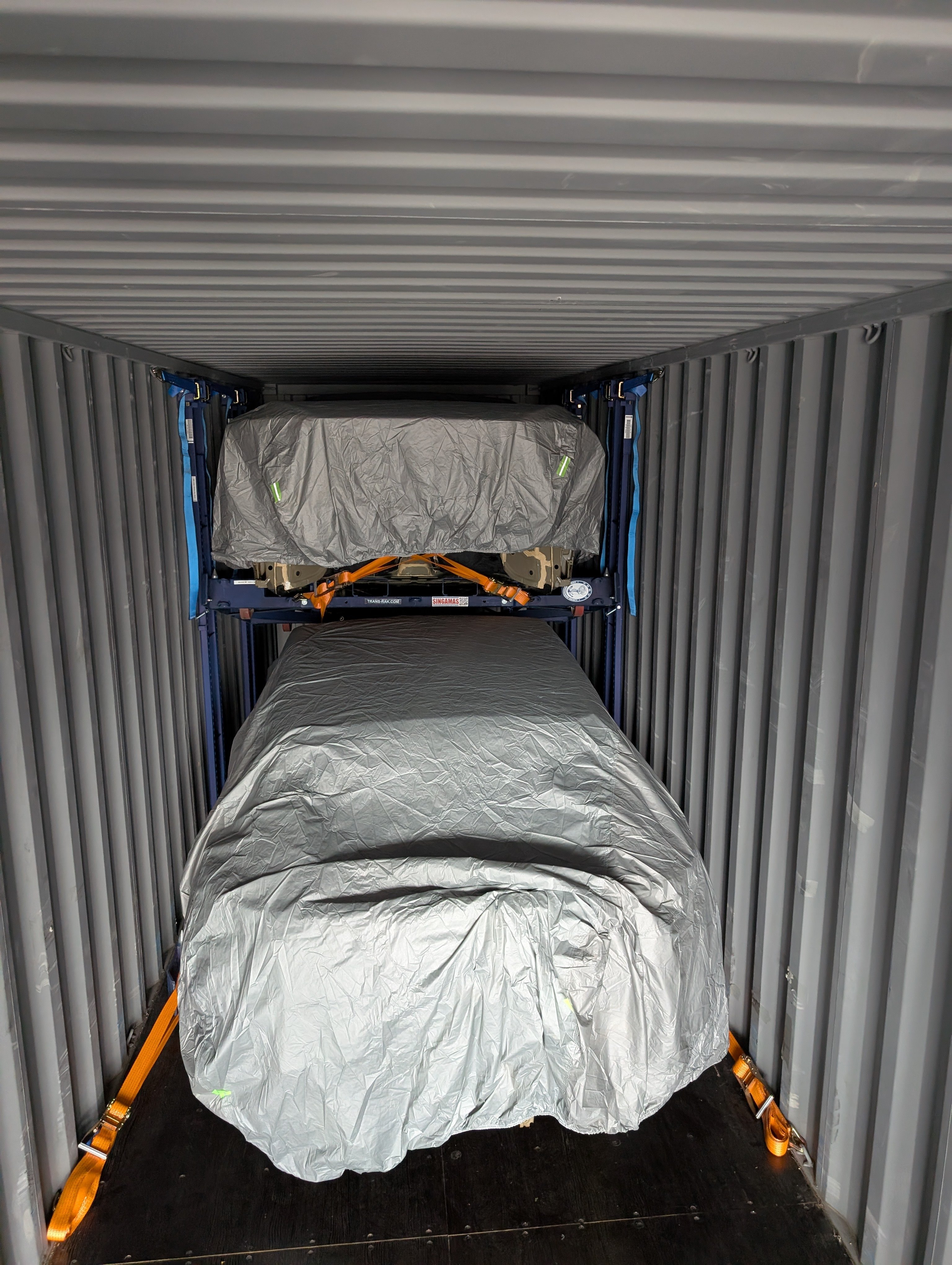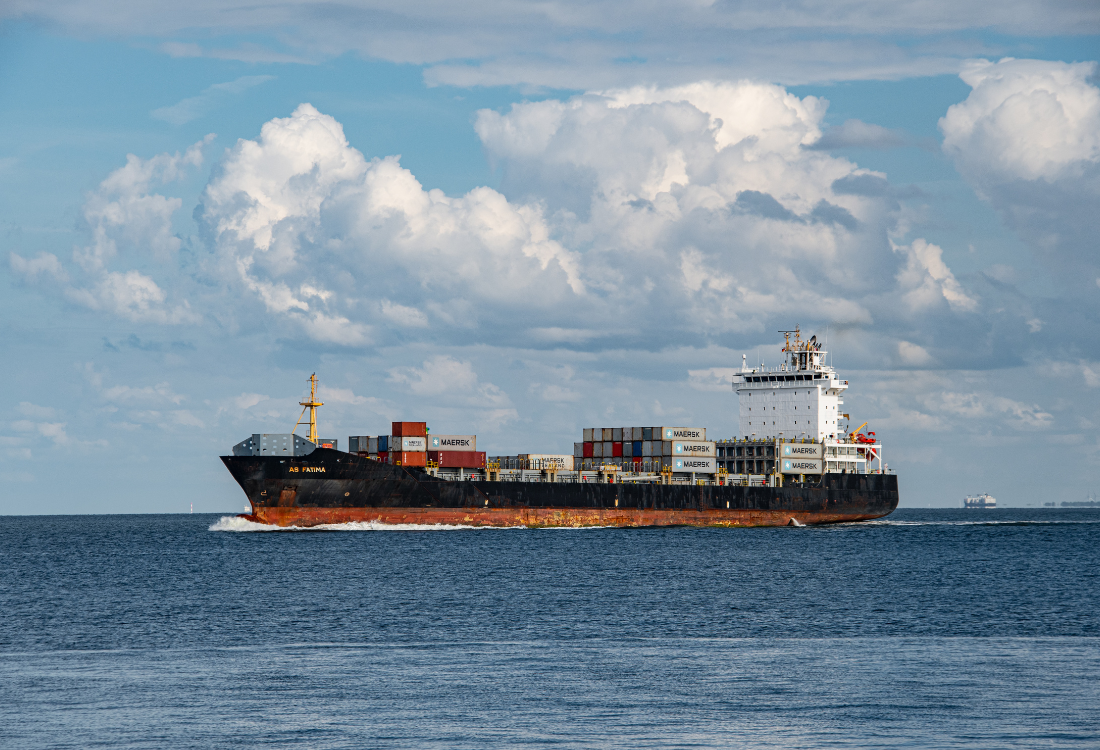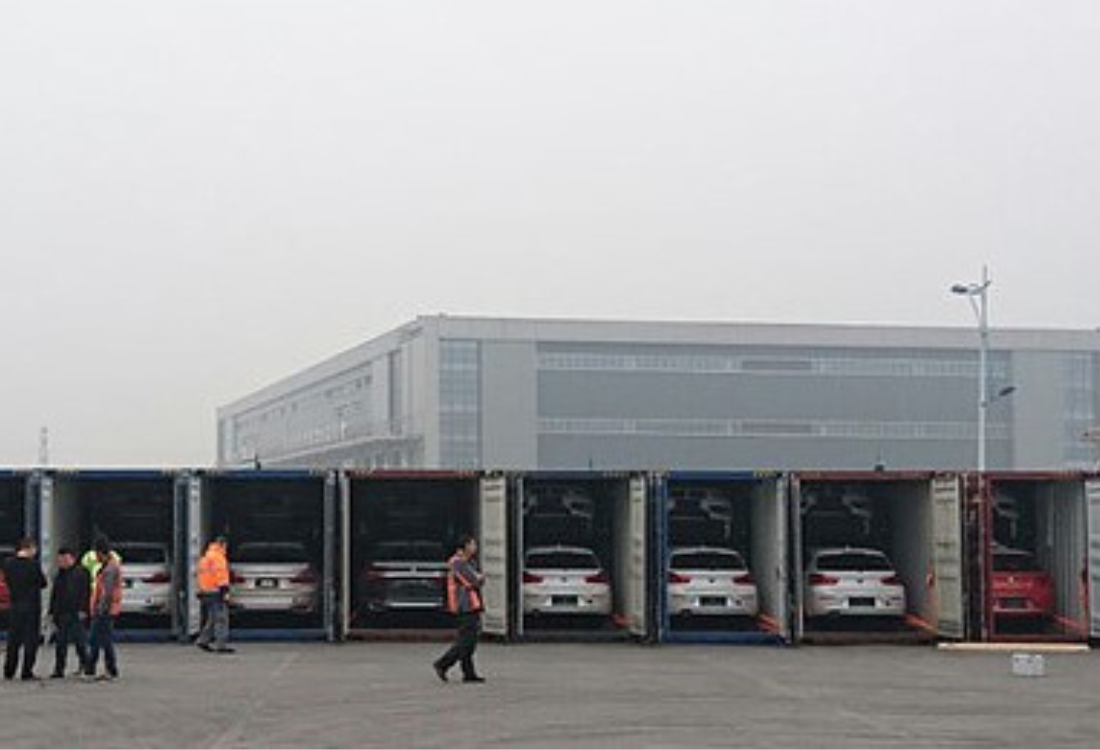
The sudden appearance of new aluminium and steel tariffs in 2018 has led to numerous controversies and disagreements in the car-trading sector. Companies have been trying hard to keep sales at the same levels, but global trade has inevitably been affected. What do the tariffs mean for automotive logistics businesses in the UK?
New Aluminium And Steel Tariffs Explained
According to the regulations, any steel manufactured in a country other than the USA is subject to a 25% import tax. Aluminium manufactured outside the USA is subject to a 10% tax. These tariffs have affected more than 4 percent of American metal imports, mostly coming from China to fuel the American domestic car manufacturing industry. British and European businesses are affected because the automotive industry is highly globalised, with a supply chain spanning the world. Increased costs for American or Chinese suppliers therefore have knock on effects for parts of the supply chain based in the UK.
President Trump believes that these regulations will incentivise United States manufacturers to purchase steel and aluminium from domestic companies, thus leading to the strengthening of the industry and appearance of new jobs for Americans.
According to the investigation done by the U.S. Commerce Department, imported metal can threaten national security since it prevents American companies from manufacturing its own high-quality materials. The President of the United States is hoping for the new tariffs to make the country richer. Meanwhile, more than two-thirds of the leading US economists believe that the steel tariffs will only hurt the economy, since the rising metal costs are likely to increase inflation rates.
All industries dependent on aluminium and steel imports could suffer the consequences of the new tariffs - car manufacturing and transportation aren’t the exceptions. The costs of vehicles manufactured in the United States is steadily increasing due to the new steel tariffs. As a result, trading volumes are slumping while the stocks of the key USA car industry players, such as Ford, Fiat Chrysler, and GM, are falling. The only manufacturers not affected are those with fixed-price contracts with metal importers, whose suppliers in China have been forced to take the hit. The largest of these manufacturers is Fiat Chrysler, whose supply deal expired at the end of 2018.
Are there American Import Tariffs On European Vehicles?
Not currently. Since American vehicles are subject to a 10% duty when exported to the EU, the United States is considering reciprocal measures - President Trump has been threatening to impose import tariffs on European vehicles since 2017, although these haven’t yet materialised.
What does it mean for the car transportation industry? As American car sales and manufacturing volumes decrease due to loss of access to reasonably-priced aluminium and steel, so the price of US vehicles increases on the domestic market. This may actually increase demand in the USA for European vehicle imports (which would be good news for UK importers), although the trends are by no means clear.
To counter the rising prices of the raw material, some vehicle manufacturers are turning to producing vehicles that bring more profits, such as pickup trucks and SUVs, leaving passenger cars behind. These are widely used by business and private customers in Europe and could counteract a decline in small car imports from the USA to Europe. Also, a post-Brexit trade deal with the USA may make the UK a more attractive market for US auto manufacturers than the tariff-heavy EU, increasing opportunities for British logistics companies.
Prepared for the Future
Considering all of the above, innovative approaches to cutting transportation costs are vital to the industry. That’s where Trans-Rak comes in. At Trans-Rak, we provide cost-cutting steel racking solutions for the LOLO transportation method. Our systems are manufactured in China by our supply partner and are not subject to American tariffs, so there is no foreseen increase in prices. They can also be adjusted to transport a wide range of vehicles, providing flexibility to changes in market demand. Please call +44 1926 408282 to find out more.
Image source: Pixabay


